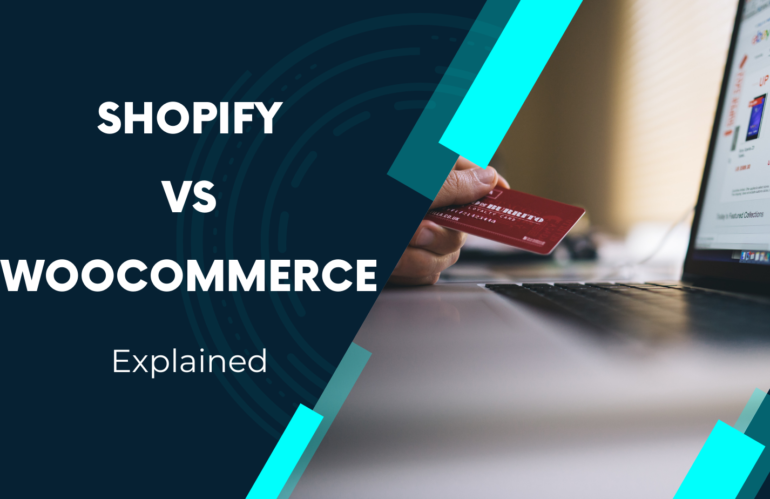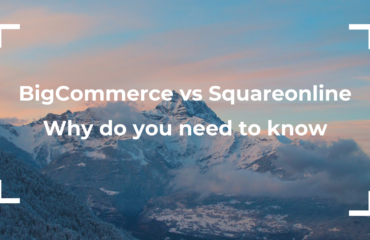Confused by the choice of WooCommerce vs Shopify? If you’re planning to launch an eCommerce store, we’re nearly certain that you’ve come across these two eCommerce platforms as they are, by the figures, the world’s two most popular eCommerce platforms.
Both platforms have their graces, which makes it a tough decision, especially for commodities as serious as an eCommerce store. To help you choose the result that’s right for your store, we’ll spend this post digging into each platform and comparing and differing the two so you can be confident when you make your final decision.
WooCommerce vs Shopify: How Each Platform Approaches Ecommerce
Just like when comparing website builder platforms similar as Squarespace and Wix to WordPress as a whole, WooCommerce and Shopify take two different core approaches to creating and managing your store
.
WooCommerce is tone-hosted. That means your store’s lines are located on your own garçon and you’re free to modify everything on your store as you see fit.
Shopify is hosted. That means Shopify hosts and manages the software for you and, while you do have a lot of inflexibility, you’re limited to only making the changes that Shopify allows you to make.
What’s the practical difference between these approaches?
WooCommerce is more flexible, but not as freshman-friendly. Shopify is the contrary – it’s veritably freshman-friendly, but has some hard limits that you won’t encounter on WooCommerce. As we go through some further specific comparisons, you should see this theme play out over and over.
Ecommerce Market Share
It’s also intriguing to take a look at the eCommerce request share. Of course, you shouldn’t pick a result simply grounded on fashionability, but it can help to see trends on what your competition might be using. According to BuiltWith, as of December 2018, of the top 1 million spots, 21 of the web uses WooCommerce to power their stores. That’s followed in alternate by Shopify at 18.
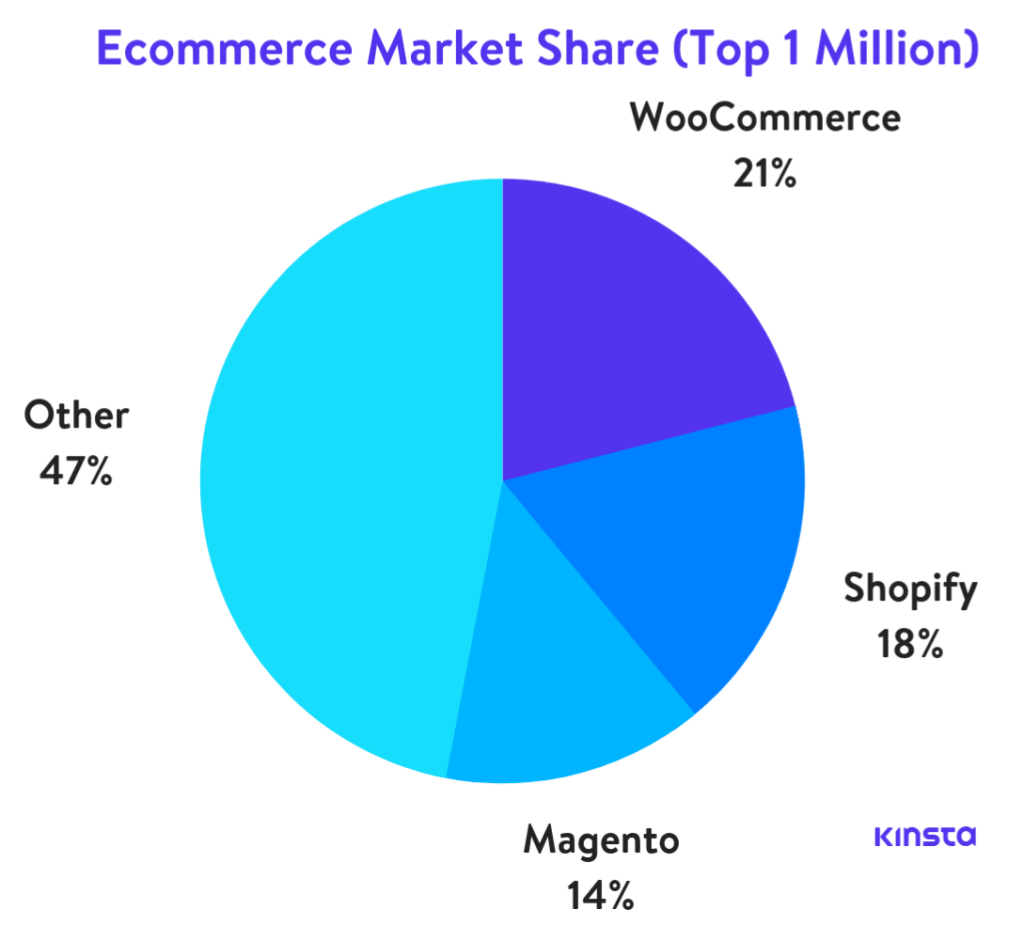
Still, if we look at the top 10k websites, only 6 use WooCommerce, while 23 use Shopify. So it seems that Shopify is more heavily used on advanced authority spots. But this also means there’s still a lot of room in the enterprise space for both of these platforms to grow.
Looking at Google Trends for the once 5 times, we can see that both have had enough steady growth, although Shopify seems to have sluggishly surpassed WooCommerce. ( Check out our 11 Bravery Shopify Alternatives in 2021)

How Easy Is It To Launch a Store on Each Platform WooCommerce vs Shopify?
In terms of how easy it’s to go from nothing to a completely- performing store that’s ready to reuse payments and accept orders, Shopify is the definite winner.
WooCommerce
When you produce a WooCommerce store, you kind of have to do two separate effects
.
Install WordPress and learn the WordPress interface (if you’re not formerly familiar with WordPress, that is)
. Install and configure WooCommerce and learn the WooCommerce intending hosting
Installing WordPress
Installing and configuring WooCommerce
Chancing a WooCommerce theme
Configuring nitty-gritty details like payment gateways, duty computations, and further (though commodity called WooCommerce Services has made some of this simpler)
. Now – none of this is too daunting, and the massive WordPress community makes it easy to find help (like our tutorial on how to install WooCommerce). But there’s a definite literacy wind – especially if this is your first WordPress point. Make sure to also check out our massive WooCommerce companion to help boost your sales. reface
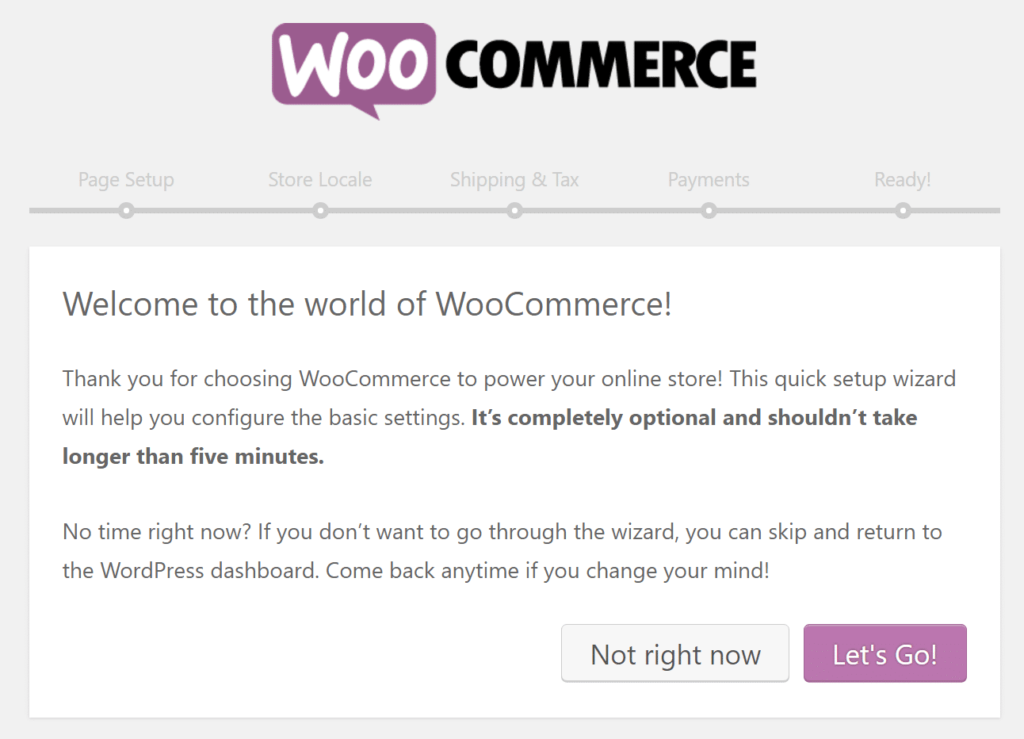
Shopify
With Shopify, there’s veritably little getting in the way of you creating your first product and starting to vend it.
Principally, all you do is
. Produce a Shopify regard
Elect and Buy a sphere or sync a being sphere name
Choose your theme
And assuming you’re using Shopify’s own payment gateway, it’s easy to start accepting credit card payments right from day one.
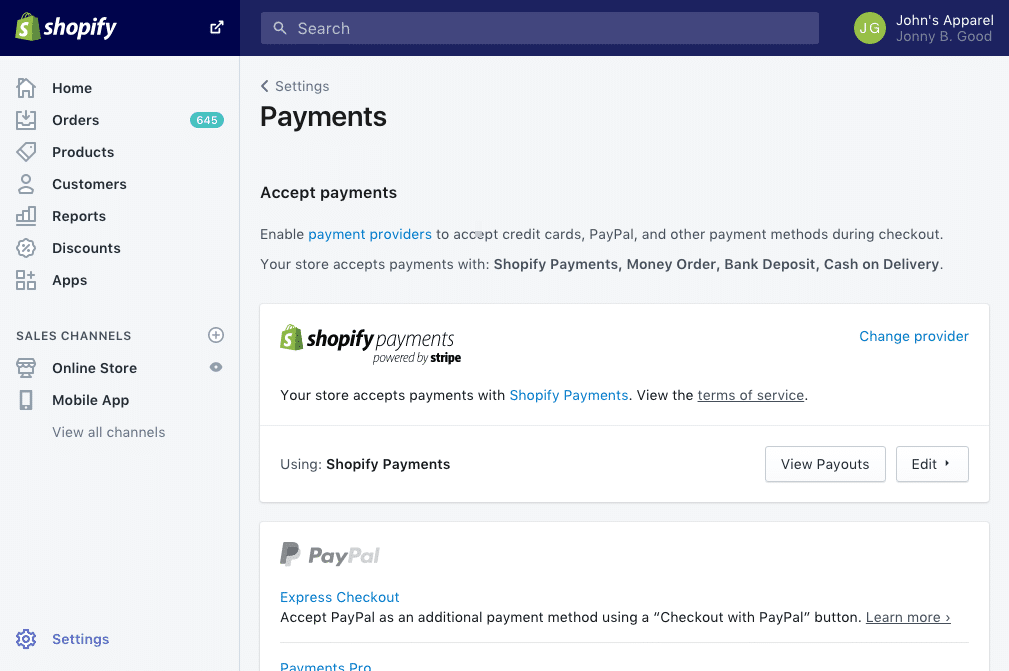
How Much Control Do You Have Over Your Website’s Functionality on WooCommerce vs Shopify?
As far as hosted platforms go, Shopify is actually one of the more flexible solutions. But it still can’t come close to the control that you get with a self-hosted WooCommerce site, which is why WooCommerce is the clear winner in this section.
WooCommerce
With WooCommerce, you have many ways to customize your store’s functionality
.
Your theme
The WordPress plugins, including plugins and extensions that are specifically designed for WooCommerce
. Custom Law( one of the benefits of a tone-hosted result)
So what does this let you do? Well, you can, for illustration, do commodities like Ubuntu Baba and vend individualized products on a scale that would be enough much insolvable with Shopify.
Shopify
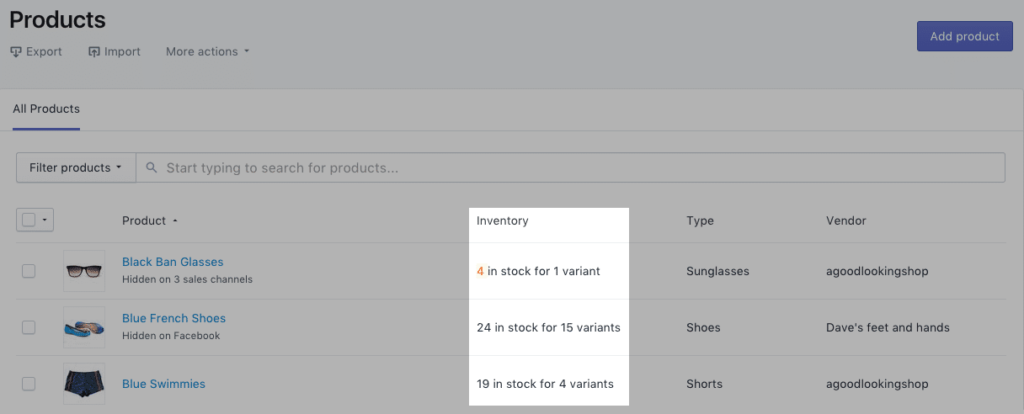
But how flexible is the rest of your Shopify store? Like WooCommerce, you can customize your Shopify store with
.
Themes – you can find both third-party themes as well as themes at the Shopify Theme Store.
Apps – these are analogous to WordPress plugins in conception and are all collected at the Shopify website.
Shopify also lets you add custom HTML but only to your store’s homepage, which is obviously a limiting factor.
While these tools do give you a good deal of inflexibility for a hosted platform, you’re still going to hit some walls – like the forenamed product variation limits – that are insolvable to work around. That doesn’t be with WooCommerce.
What Payment Methods on WooCommerce vs Shopify Does Each Platform Offer?
Both WooCommerce and Shopify pride lengthy lists of payment gateways. Unless you have a veritable niche situation, you presumably won’t notice a difference. Shopify does charge a redundant figure if you use an external payment gateway. However, this should be a big consideration because that figure can be as high as 2 (on top of what your payment gateway charges).
WooCommerce
Because of WooCommerce’s open nature and large plugin community, you can find a ton of WooCommerce payment gateways.
First, WooCommerce supports all the popular gateways like
.Stripe
PayPal
Square
Authorize.Net

Who Controls Your Data On Each Platform?
Because WooCommerce is tone-hosted, WooCommerce gives you significantly more control and power of your data
.
WooCommerce
There’s not much we need to write here – with WooCommerce you own everything. That means, if needed, you can even dig into your database and access the raw data.
Shopify
While Shopify does give you access to all of your data, the live dupe still sits on Shopify’s waiters. That means you noway really completely control your data.
With that being said, Shopify gives you many ways to pierce your data, which is better than numerous hosted platforms. You can
Export a CSV train of your products
Back up your point via an app (not the core Shopify interface)
Connect with your data via an API
How Does Each Platform Handle Ongoing Maintenance?
Because Shopify is a hosted result, its conservation is much further care-free than WooCommerce.
WooCommerce vs Shopify Which One Should You Choose?
There’s not really one right answer then. So rather than trying to make a single recommendation in one way or another, we’re going to run through some scripts where each platform makes the utmost sense.
3 Reasons To Use WooCommerce Over Shopify
The big reason to choose WooCommerce over Shopify is inflexibility andcontrol.However, you presumably wo n’t need that inflexibility, If you ’re planning to vend simple products with minimum variations.
But if you’re planning to vend effects that go beyond “ simple” – either in terms of variations, checkout process, or pricing structure – you’ll presumably appreciate WooCommerce’s inflexibility.
Another reason is that some products just flat- eschewal are banned from Shopify. Because Shopify is a hosted result, you’re at the vagrancies of Shopify’s decision-making platoon, which has seen some cosmetics manufacturers get banned.
Eventually, if you like using WordPress and value the WordPress ecosystem of plugins and support, that might be another reason to go with a WordPress e-commerce result.
2 Reasons To Use Shopify Over WooCommerce
Still, utmost freshman-friendly way to launch an eCommerce store, Shopify is surely a good choice, If you just want the simplest. As long as you aren’t planning to vend complicated products with lots of variations, you should be fine within Shopify’s ecosystem.
Also, if you don’t want to spend time maintaining your store (or just generally don’t want to have to suppose about technology at each), also that’s another reason to consider Shopify’s simplicity.
Migrate From Shopify to WordPress
Still, then are a couple of plugins we recommend checking out If you’re presently using Shopify and are looking for an easy way to resettle to WordPress (WooCommerce).
Cart2Cart Shopify to WooCommerce Migration
LitExtension Shopify to WooCommerce
So What Do You Think about WooCommerce vs Shopify
In the end, each eCommerce platform has advantages for specific situations. If you value in flexibility and power – WooCommerce is presumably your stylish bet. If you value simplicity – Shopify is presumably the bone for you. Now over to you all – when it comes down to WooCommerce vs Shopify, which do you prefer and why?
.
Shopify is a registered trademark of Shopify.
Save time, costs and maximize point performance with
.
Instant help from WordPress hosting experts,24/7.
Cloudflare Enterprise integration.
Global Followership reaches 28 data centers worldwide.
Optimization with our erected-in Operation Performance Monitoring.
All of that and much more, in one plan with no long-term contracts, supported migrations, and a 30- day- plutocrat- reverse- guarantee. Check out our plans or talk to deals to find the plan that’s right for you.
